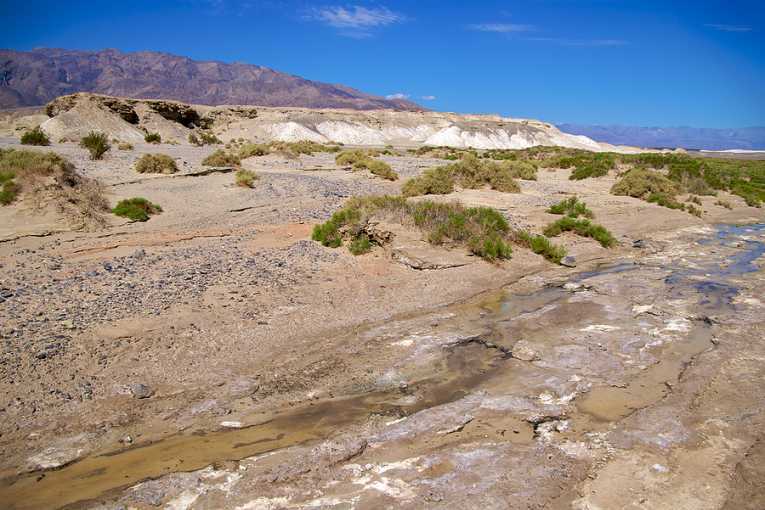Evolution is happening all around us all the time and new research suggests that it's a process that moves so quickly that conservationists need to consider how species will change in new homes when they move them with the aim of saving them.
Dr Craig Stockwell is behind the research, with co-authors Dr. Michael Collyer, and Dr. Jeffrey Heilveil, which appears in PLoS ONE and took as its case study the White Sands pupfish which has been the subject of conservation measures in the form of the establishing of a 'refuge population'.
Biologists often establish such populations in order to preserve a species which may vanish in its own habitat. But Stockwell, Collyer and Heilveil found that the pup fish population which was established 30 years ago in New Mexico has already evolved to adapt to its new home. The moved fish now have a differently shaped body from the original population.
"Darwin, instead of visiting the Galapagos Islands, could have visited the western United States and deduced the same patterns of speciation following isolation by studying the various pupfish species," said Stockwell. "Today, most pupfish species are threatened with extinction. As a consequence, pupfish are routinely transplanted to new habitats to reduce their risk of extinction."
These fish have lived in isolated populations throughout history so are perfect for measuring the speed of evolution. The scientists have found that pupfish change very quickly to adapt to the salt content of their homes: the saltier the water, the thinner the fish, explained Stockwell.
He said: "These body shapes make evolutionary sense because salt increases the density of water, giving a selective advantage to fish with slender bodies compared to fish with deep bodies."
Because the new body shape is passed on to offspring, the researchers believe that 'refuge populations' may quickly become unsuited to their original homes.
"Studies concerning threatened species often focus on factors promoting extinction risk, but our study shows that a common management practice such as assisted colonization can have observable evolutionary impacts within a few decades," Stockwell said. "This is important because such evolution may result in refuge populations that are actually mal-adapted to their native habitat."
Top Image Credit: The Salt Creek in Death Valley National Park contains pupfish © Pixy










